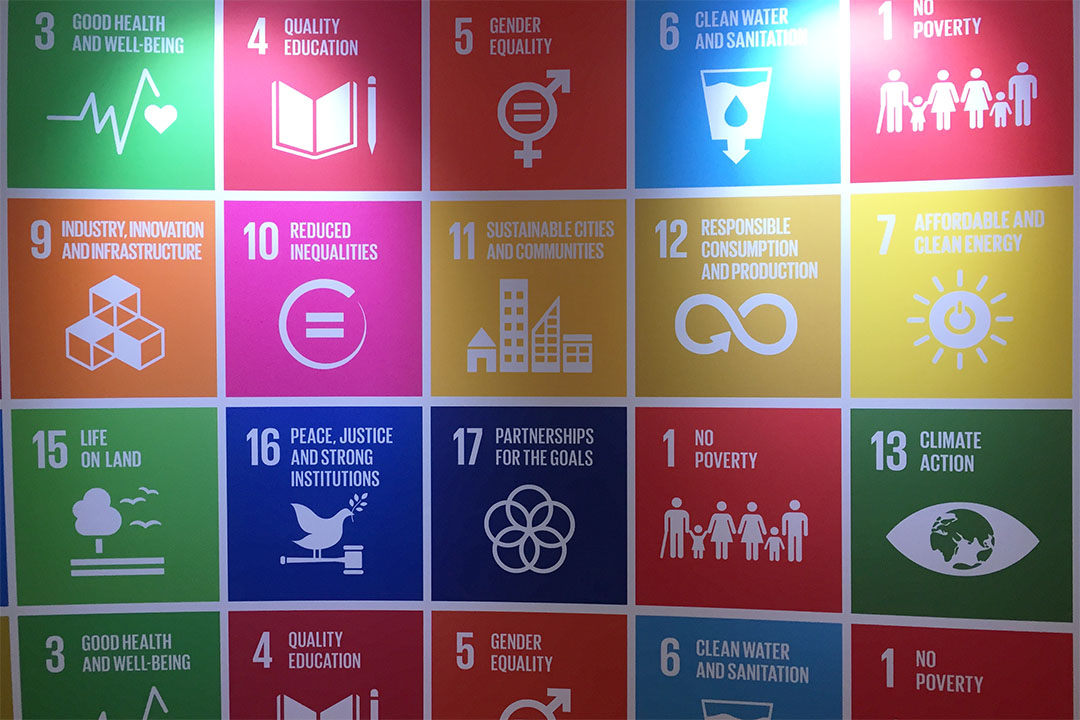October 2017: The World Bank report has released a report that showcases the winners of the third installment of the Ideas for Action (I4A) initiative, based on their proposals for financing for development to help achieve the 2030 Agenda for Sustainable Development and the Sustainable Development Goals (SDGs). The 2017 winners presented their proposals at the World Bank Group–International Monetary Fund (IMF) Annual Meetings in October 2017 in Washington DC, US.
The I4A competition encourages youth to develop and share their ideas for innovative approaches to solve development challenges, through the smart use of technology and financing solutions, and to take ownership over SDG implementation. The 2017 winners were selected from a pool of 743 proposals from 118 countries, based on their proposal’s creativity, significance, feasibility and clarity.
Kitovu envisions a web- and mobile-based decentralized fertilizer and seedling warehousing system that pairs inputs to smallholder farms in distant locations to lower cultivation costs and increase yields.
The 2017 winning proposal, Kitovu, from Nigeria, is an innovative platform and system that envisions a web- and mobile-based decentralized fertilizer and seedling warehousing system that pairs inputs to smallholder farms in distant locations in order to lower cultivation costs while ensuring increased yields. The platform works by matching fertilizer type and quantity, improved quality seeds, and other inputs to the right soil.
The second-place proposal, Gifted Hands, from Uganda, is a network aiming to reduce breast cancer deaths and provide visually-impaired women with jobs as medical tactile examiners for early breast cancer detection and prevention using their heightened sense of touch. The third-place proposal, Agratam, from India, seeks to convert low-lying, waterlogged wastelands into productive fish farming units in the state of Bihar and to provide sustainable employment opportunities for the area’s poor fisher communities.
The three runners-up include: Project Forward, a social currency-backed ecosystem that enables nonprofits to indirectly incentivize volunteers and monetizes volunteer hours through a digital currency; SAVE, which provides sanitation to the poorest populations in Laguna Province, the Philippines, through a portable toilet solution, where households will be given a portable toilet bundled with their water service connection; and She-Is, a model for entrepreneurial education and the promotion of business activity for women who are victims of armed conflict.
The I4A initiative is jointly organized by the World Bank Group and the Zicklin Center for Business Ethics Research at the Wharton School of the University of Pennsylvania. The World Bank report on the initiative is titled ‘Financing Sustainable Development: Ideas for Action 2017’. [Publication: Financing Sustainable Development: Ideas for Action 2017][SDG Knowledge Hub story on World Bank/IMF Annual Meetings]

